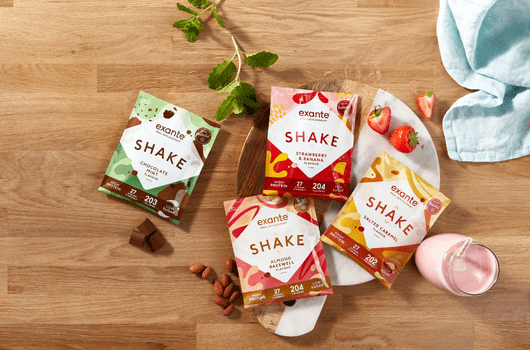You may have heard that gut health plays one of the most important roles in supporting our overall health. But have you ever wondered why?
In this blog post, we explore the importance of keeping your gut healthy and what we can do to improve our gut health.
First, let’s understand what we mean when we say ‘gut health’ and how this can impact the rest of the body.
The world ‘gut’ refers to our digestive tract, or gastrointestinal tract – the long twisty tube that spans from the mouth to the bottom. So, when you hear the term ‘gut health’, it’s referring to the general health of this tract. This also includes the microbiome, which refers to the balance of microorganisms that inhabit the gut. [1]

So, why is it so important to keep this part of the body healthy? How can this impact the rest of the body?
There is still so much we don’t know about gut health and the gut microbiome, but so far evidence suggests that gut heath plays a huge part in the way we digest and absorb nutrients, as well as regulating the immune system. Compromised gut health has been associated with inflammation and multiple gastrointestinal disorders, as well as obesity and metabolic disorders, like diabetes.[2]
5 Hacks to improve gut health
We know that keeping our gut and microbiome healthy is incredibly important, but how do we keep it healthy? Here are 5 simple things we can do to help support our gut health:
- Vary your fruit and veg – You may have heard the term ‘Eat the Rainbow’. Since there is not one single food group or food item that can provide all the vitamins and minerals we need, by opting for a diverse array of fruit and veg, we’re more likely to be getting all the nutrients our bodies need to stay healthy. [3]
- Aim for 30g fibre – most people in the UK get around half this amount, but the UK government advises us to aim for 30g as part of a healthy diet. How can we get more fibre? Oats, whole grain breads and whole grain pastas a good sources of fibre. Try to bulk out your exante meals with a variety of vegetables, lentils and beans and opt for fruit, nuts or vegetables, or our fibre-packed bars as a snack. All exante meal replacements are high in fibre! [4] Plus, try our Slender Sip weight loss* drink! Packed with Glucomannan, a water-soluble dietary fibre that aids weight loss* by absorbing water and gently expanding in your stomach.



